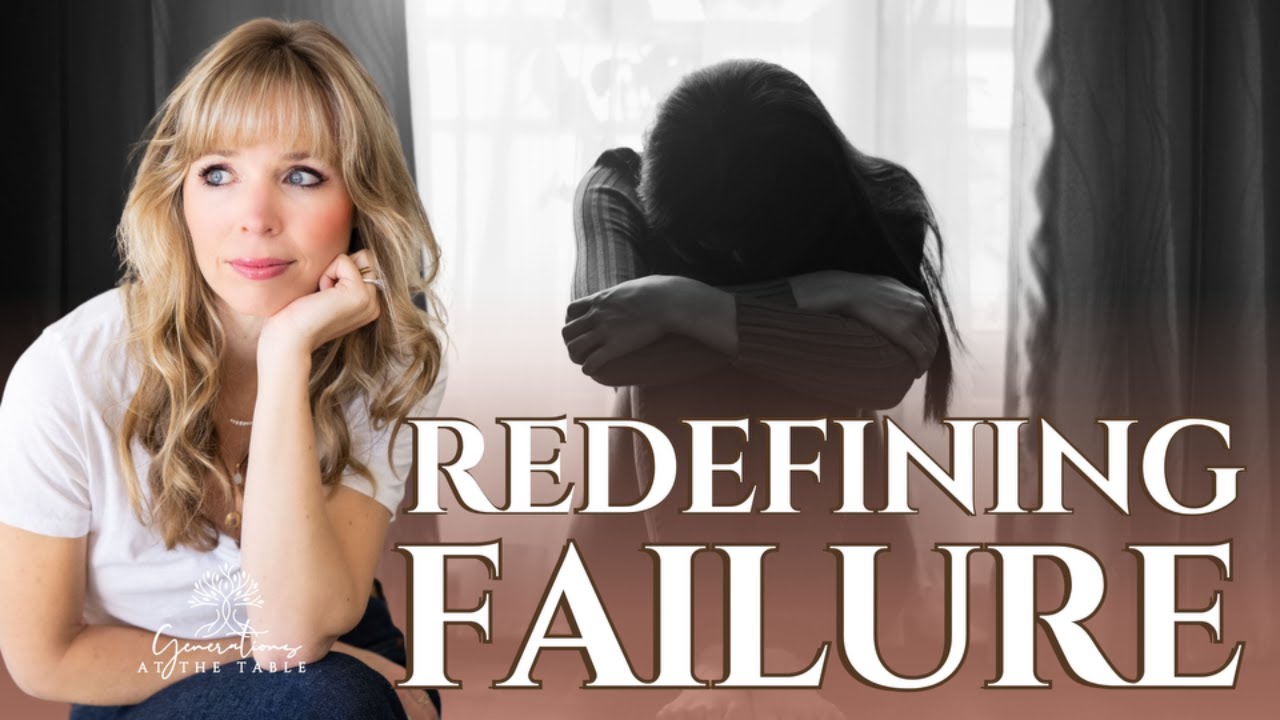
John Hawk Insunrated – Redefining Failure means learning to see setbacks not as permanent defeats but as critical parts of growth. Many people avoid risks or challenges out of fear that failure will define them. However true success often comes after the most uncomfortable moments. When failure is approached with the right mindset it becomes a teacher that reveals what works and what does not. People who succeed in the long term often do so because they fail forward learning with each misstep. Instead of internalizing shame they embrace failure as feedback. By shifting the narrative and choosing to understand failure differently resilience can develop naturally. Resilient people bounce back faster because they know falling is not the end. This kind of mindset creates confidence over time not just through victories but also through recoveries. With that perspective failure can empower rather than defeat shaping a stronger version of yourself.
Redefining Failure begins by understanding how the brain reacts to perceived setbacks. When failure is experienced the brain naturally responds with feelings of fear or shame. However by reframing the meaning of those experiences people can train themselves to respond differently. In psychological terms this process is tied to mindset especially the difference between fixed and growth perspectives. A fixed mindset believes abilities are unchangeable while a growth mindset sees failure as a chance to learn. By adopting the growth view failure becomes part of the learning curve rather than a threat. Resilience is built each time a challenge is met with curiosity instead of self-doubt. Over time individuals create healthier emotional responses to rejection or defeat. Reflection practices journaling and coaching can support this redefinition by creating distance between self-worth and performance. Eventually failure becomes a trigger not for quitting but for evolving and trying again with better strategy.
“Read about: Shelby Wright’s $100K Goal: A Gen Z Blueprint for Financial Freedom”
When people begin learning from failure they uncover key life skills that cannot be learned in comfort. Perseverance becomes stronger with every recovery. Critical thinking improves after analyzing what went wrong and why. Communication also grows especially when failure involves team dynamics or leadership. Redefining Failure allows these skills to surface naturally without forcing outcomes. Confidence builds not from perfection but from knowing how to restart. Life rarely moves in straight lines and people who learn from setbacks are better prepared for unpredictability.
Problem solving under pressure becomes easier. Emotional regulation is enhanced because setbacks no longer trigger panic. These skills benefit personal relationships as well as careers. Employers often value candidates who can talk about failure honestly and explain how it led to growth. Life experiences become richer when success is not measured only by wins but also by recovery. Every failed attempt can become a valuable investment in emotional intelligence and wisdom.
Throughout history stories of Redefining Failure are easy to find among the most successful figures. Thomas Edison tested thousands of designs before creating a working light bulb. Each failed attempt provided new insight. J K Rowling received multiple rejections before her manuscript became a global phenomenon. Her resilience transformed each rejection into motivation. Even in sports athletes often rise after being counted out.
Serena Williams battled injuries and defeats but always returned stronger. These examples show that success is rarely instant or linear. What makes these people different is not luck but mindset. They chose to extract lessons from hardship instead of quitting. Their resilience came from treating every obstacle as part of the journey. Society often celebrates the wins without showing the struggle behind them. However behind every public victory lies a trail of failed attempts that shaped strength discipline and focus. Their stories prove that failure is not a wall but a doorway to greatness.
“Read more: Fighting Human Trafficking: ASEAN Reinforces Migrant Safety Measures”
If failure is going to be redefined on a large scale then cultures must shift. Workplaces schools and families need to create environments where mistakes are not punished but explored. Leaders who share their own failures create safe spaces for honesty and learning. In classrooms students should be encouraged to take creative risks without fear of judgment. In families children should learn that making a mistake does not equal disappointment.
Redefining Failure at a cultural level leads to more innovation collaboration and empathy. Teams that trust each other to fail openly without blame also succeed faster. Feedback becomes constructive rather than critical. People begin to see value in every setback. This culture supports continuous improvement instead of perfection. Over time collective resilience increases and mental health improves. When failure is normalized people engage with life more fully. They try new things take bold steps and lead without fear. This mindset becomes a foundation for long-term success and emotional freedom.
[SITE_NAME] – pop culture inspires modern creative expression by continuously shaping artistic trends, influencing music styles, and redefining design concepts…
[SITE_NAME] - film reviews that feel more like conversations have reshaped how audiences engage with cinema by fostering inclusive dialogue…
John Hawk Insunrated – The resurgence of analog aesthetics modern creative enthusiasts is redefining how artists and collectors engage with…
John Hawk Insunrated - personal experiments that changed my approach to daily decisions have profoundly influenced my mindset and problem-solving…
John Hawk Insunrated - creativity doesn’t have complicated formulas or rules, yet many assume innovation requires complex methods. Simplifying creativity…